Who Is Elizabeth Blackwell?
Why Google is celebrating the pioneer of medical and feminist history.

Send us a link
Why Google is celebrating the pioneer of medical and feminist history.

The US biomedical research agency NIH says it is dedicating $190 million over the next six years to researchers conducting gene-editing experiments, such as those with the powerful CRISPR technique.
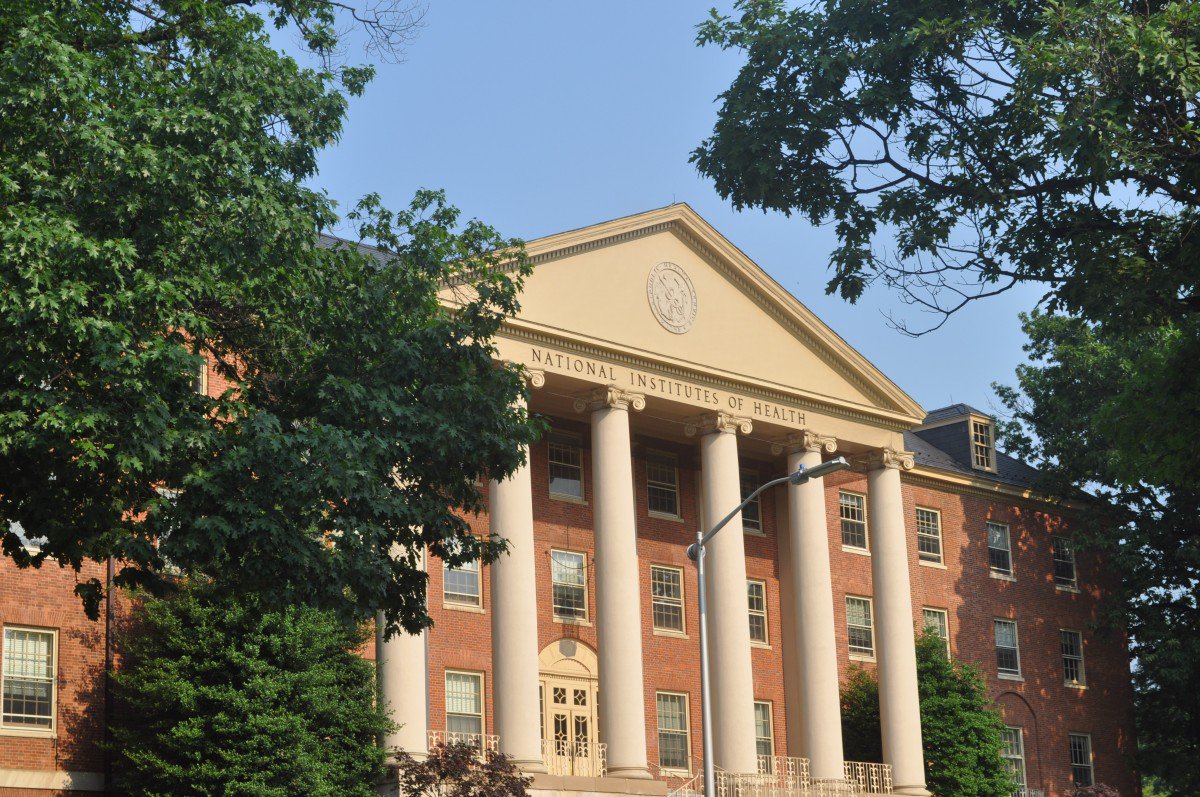
A decision from the European Patent Office (EPO) has put the Broad Institute in Cambridge, Massachusetts, on shaky ground with its intellectual property claims to the gene-editing tool CRISPR.
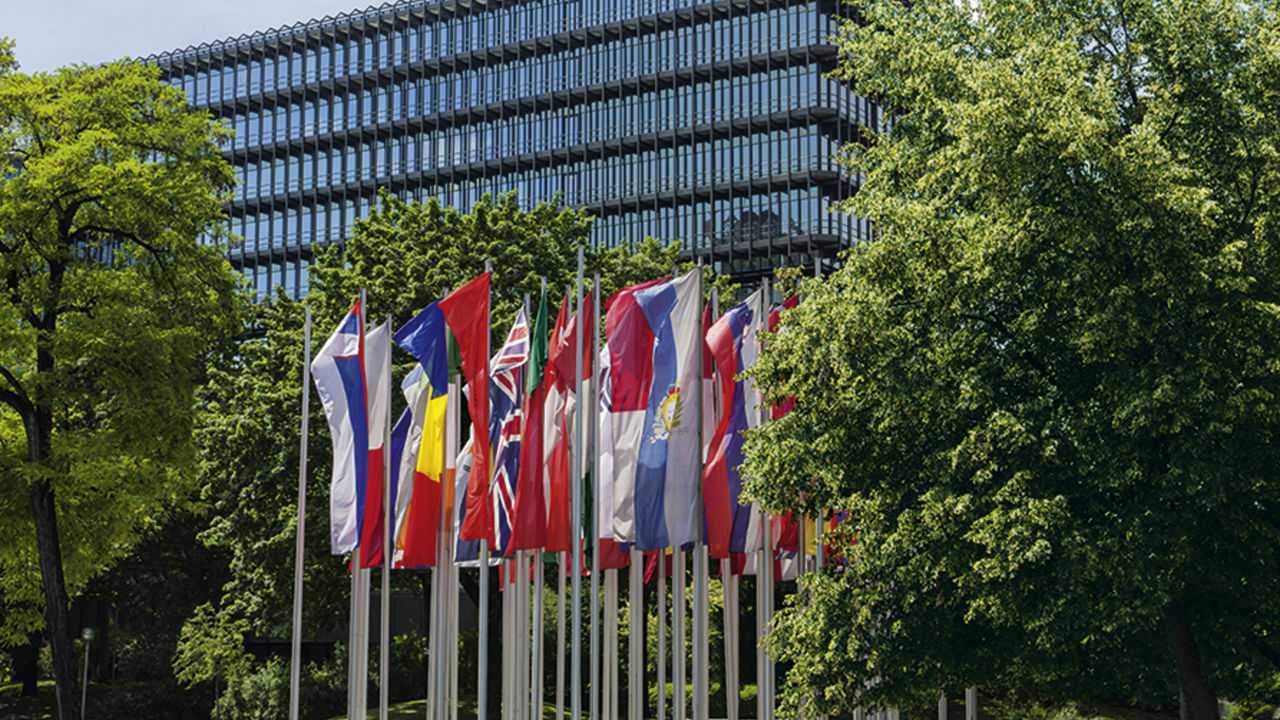
As a culture and a profession, medicine continues to systematically disadvantage women physicians at every stage of their careers.
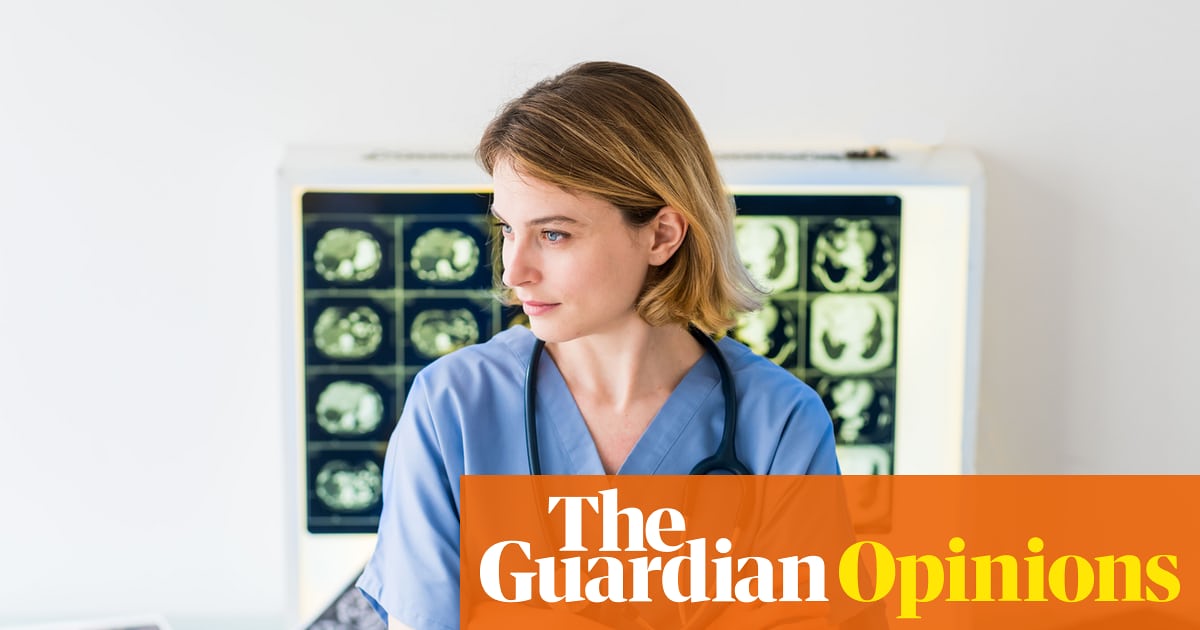
Six drug firms are paying to sequence the genes of every volunteer in the UK Biobank.
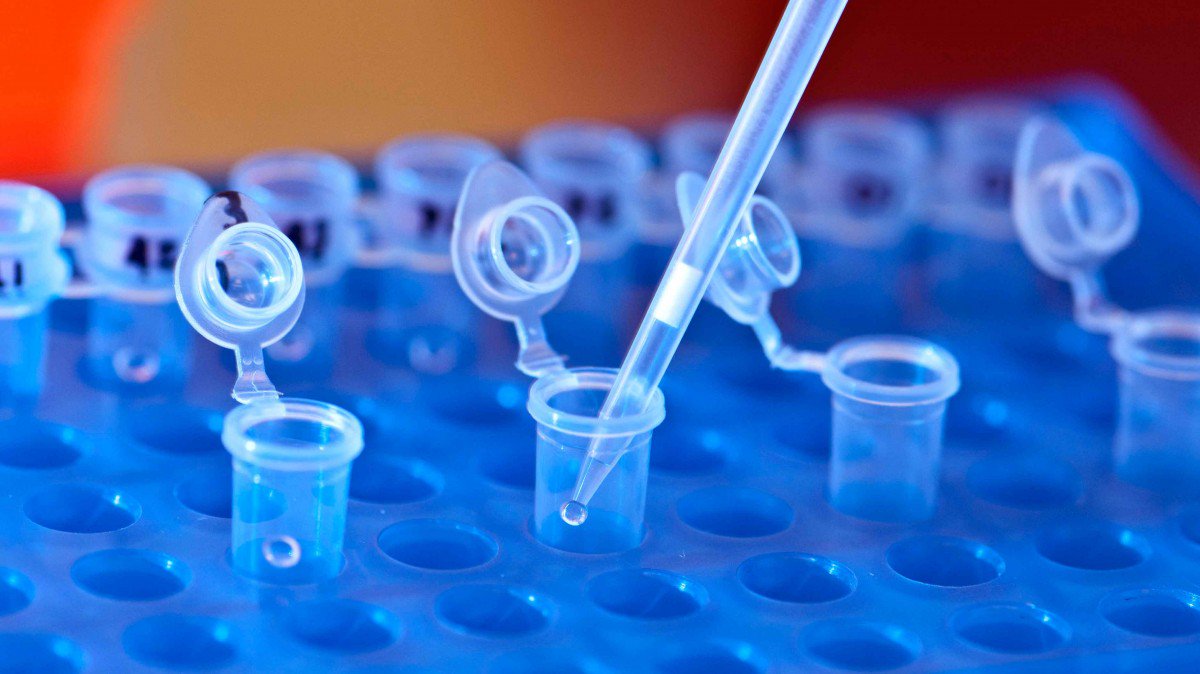
The goal is to customize treatments for cancer and other diseases to a patient's own biology. But something as simple as failing to take care of tissue samples en route to the lab can derail that.
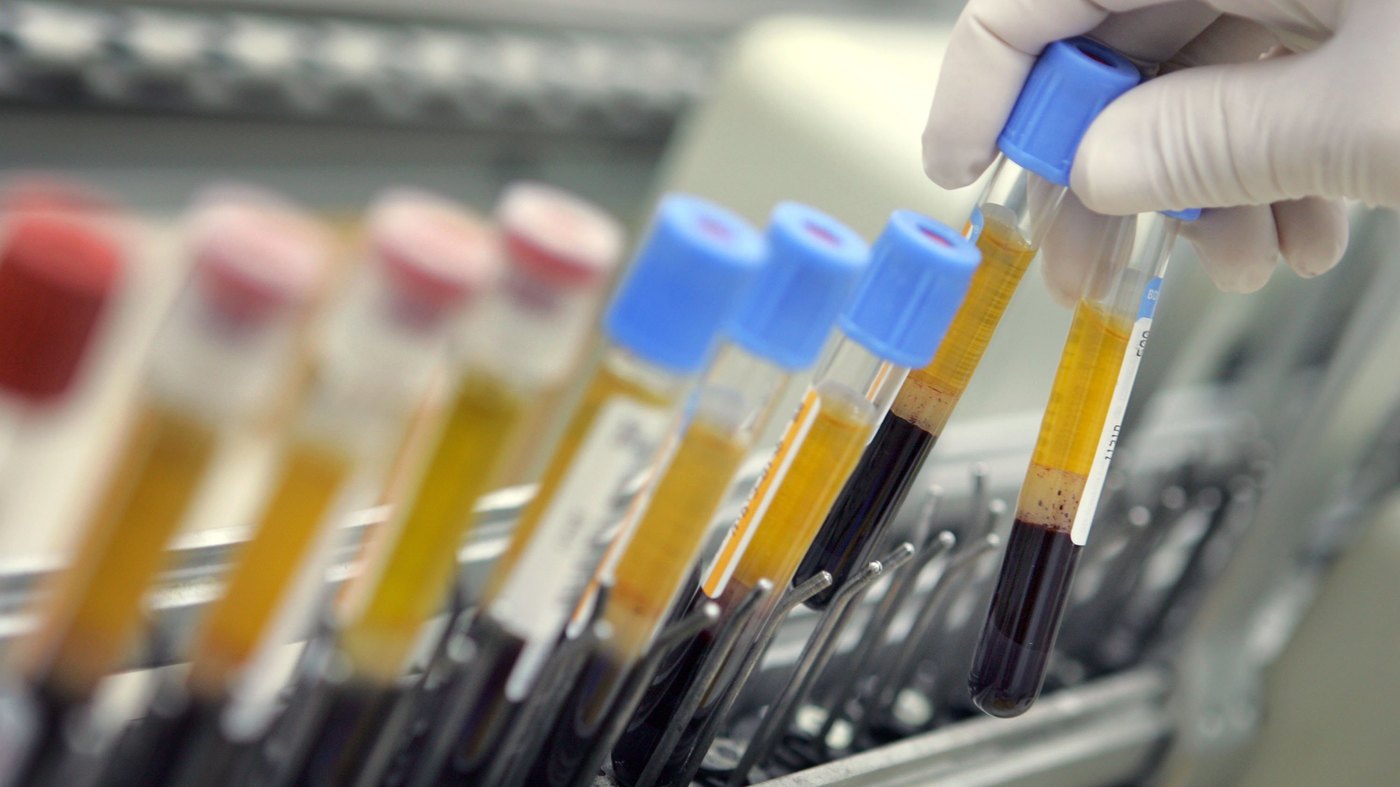
Technology could be used to wipe out malaria carrying mosquitos or other pests but UN experts say fears over possible military uses and unintended consequences strengthen case for a ban.
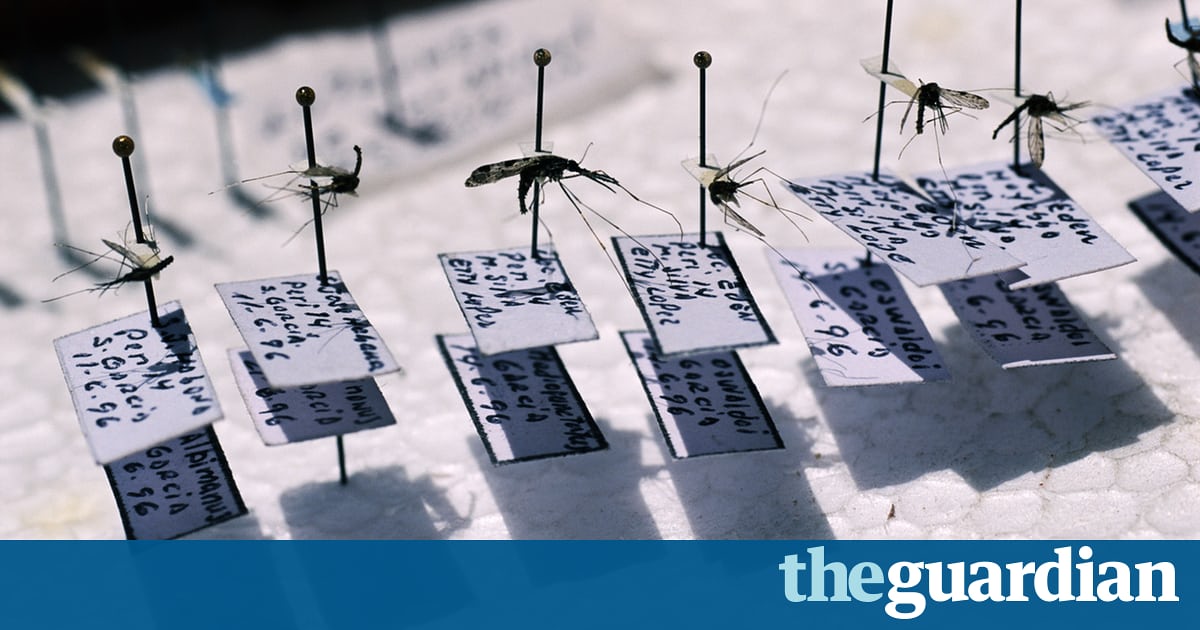
When a clinical trial falters, doctors find themselves sifting through the rubble.
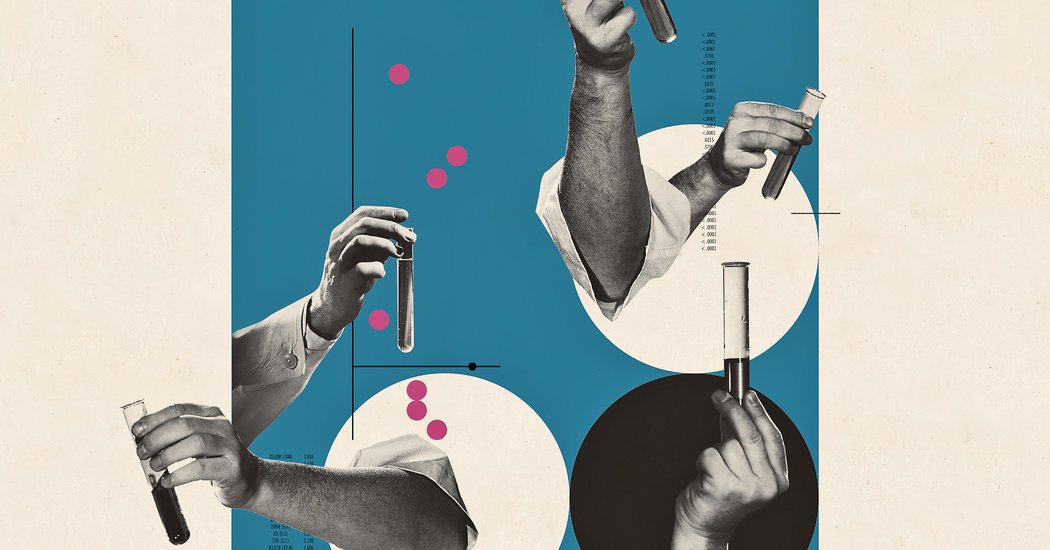
The National Academy of Sciences called on the federal government to make drastic policy changes to bring down the cost of prescription medicines.
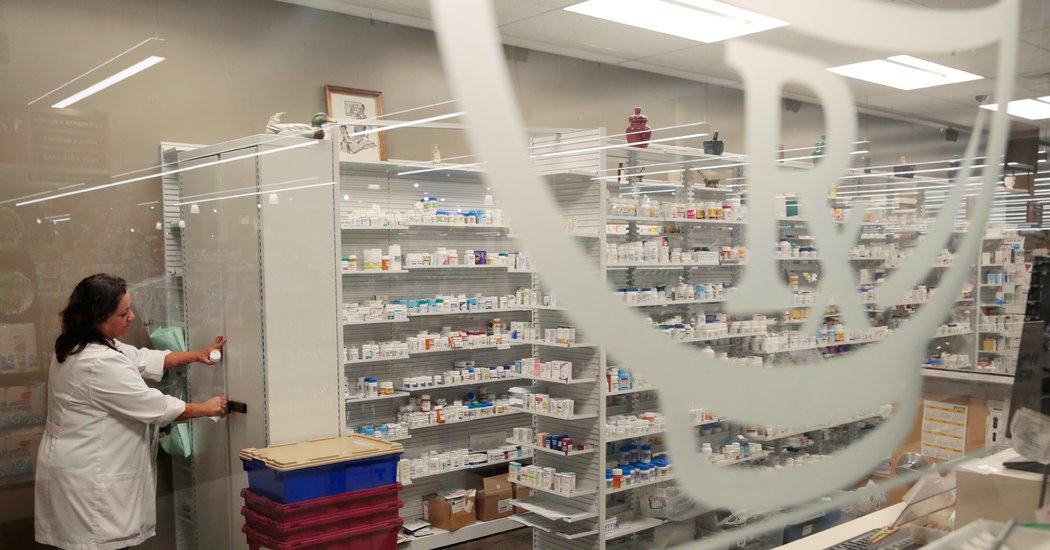
Peer review decisions award >95% of academic medical research funding, so it is crucial to understand how well they work and if they could be improved.
Adequate sample size is key to reproducible research findings: low statistical power can increase the probability that a statistically significant result is a false positive.
A US Research Integrity Advisory Board is long overdue. Such a leadership body would mitigate bad practices and strengthen good research.
In this piece, I will explain how the explanation of the emergence of life could also explain the mechanism of Deep Learning.

London’s loss, as a result of Brexit vote, is lamented by U.K. researchers

The medicine, an antipsychotic drug, has a sensor that will show doctors whether and when patients are taking it. Other medicines will follow, experts say.
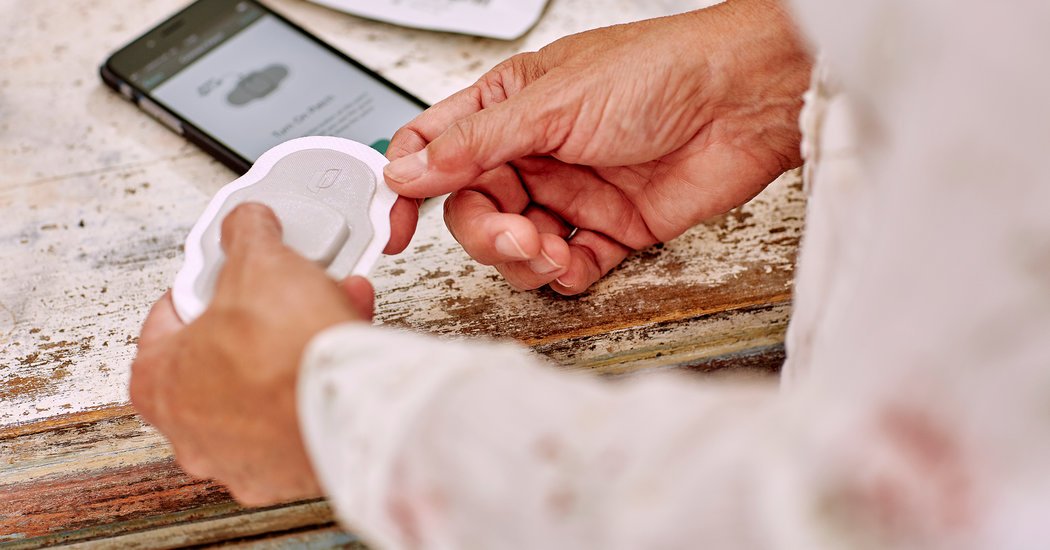
NIH Data Commons Pilot Phase to seek best practices for developing and managing a data commons.
Huge genetic databases are changing how scientists study disease.

Thomas Insel's biggest lesson from his shift from NIMH director to Silicon Valley entrepreneur: academic and technology company researchers should partner up.
More than 400 Pennsylvanians have already learned of disease mutations.
ADC Therapeutics, a Swiss start-up that specialises in cutting-edge cancer drugs, has raised almost CHF200 million ($200 million) in private funds.
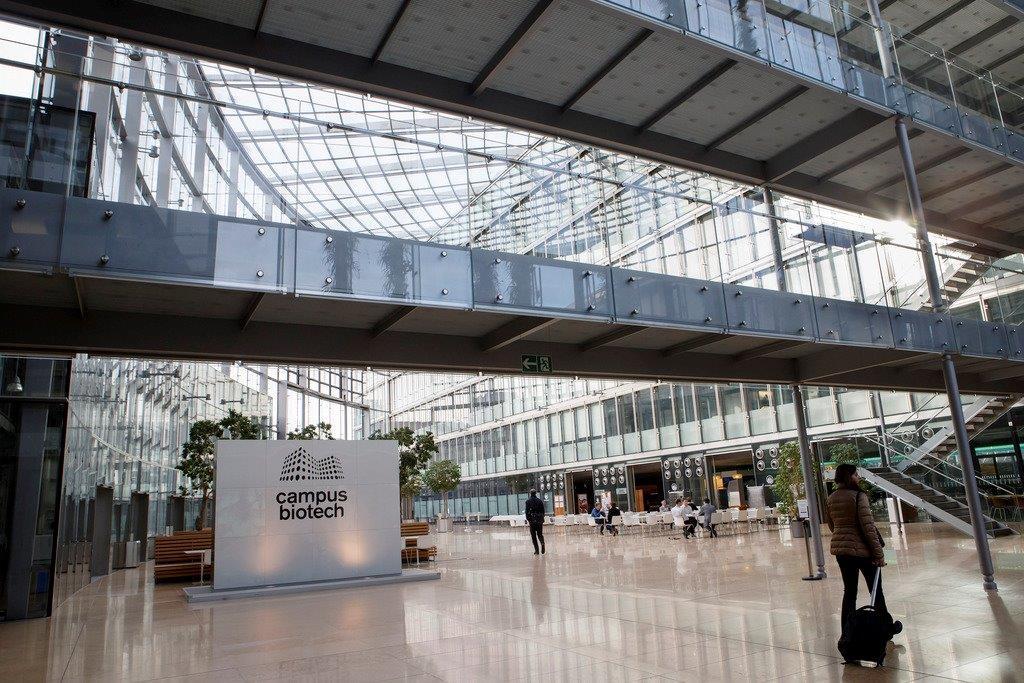
Why Greek and Latin medical terminology is better off dead.
How Anne Wojcicki led her company from the brink of failure to scientific pre-eminence.
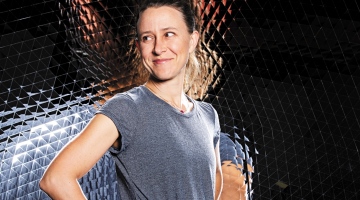
New law would allow commercial planting of transgenic varieties in Uganda.

A systematic review

Biologists are posting unreviewed manuscripts in record numbers. But many are still not sure it's a good idea. A survival guide for scientists.
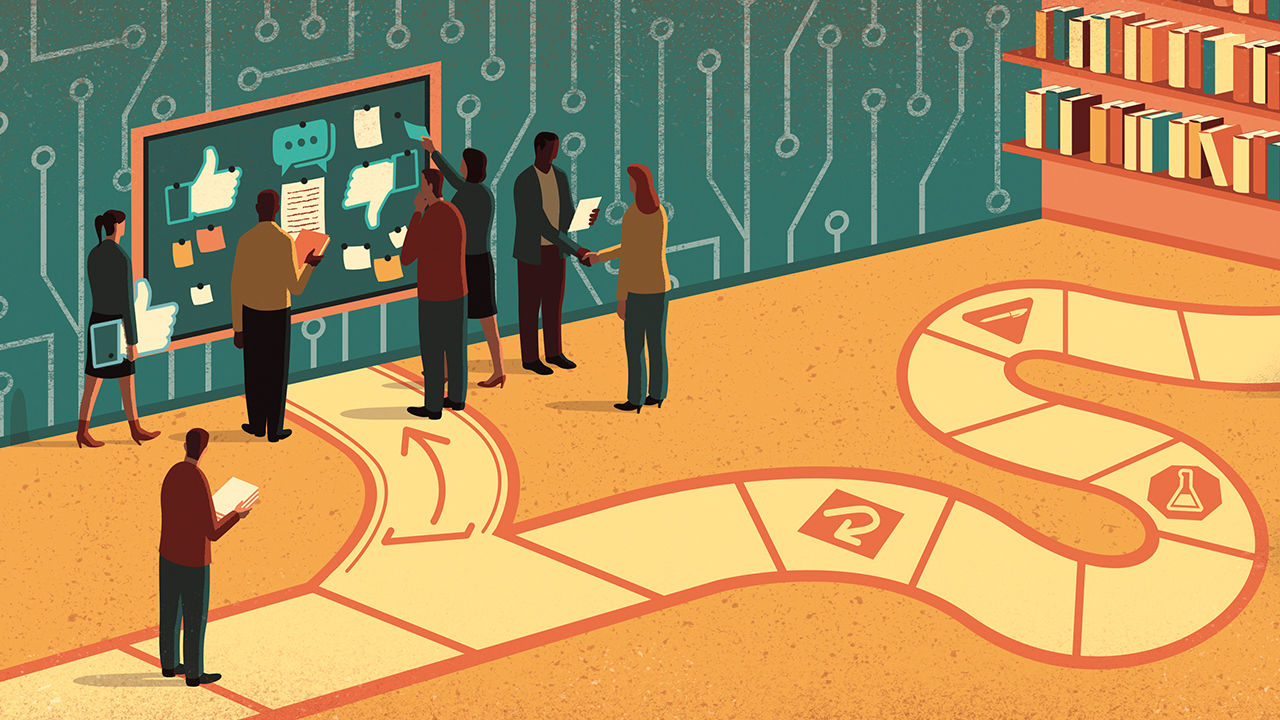
Combining expertise from 21 labs in Europe and the US, the International Brain Laboratory will attempt to answer one of the greatest mysteries of all time.

Nowhere near enough new drugs are currently in development says a WHO report, which calls for urgent investment and responsible use of existing antibiotics.
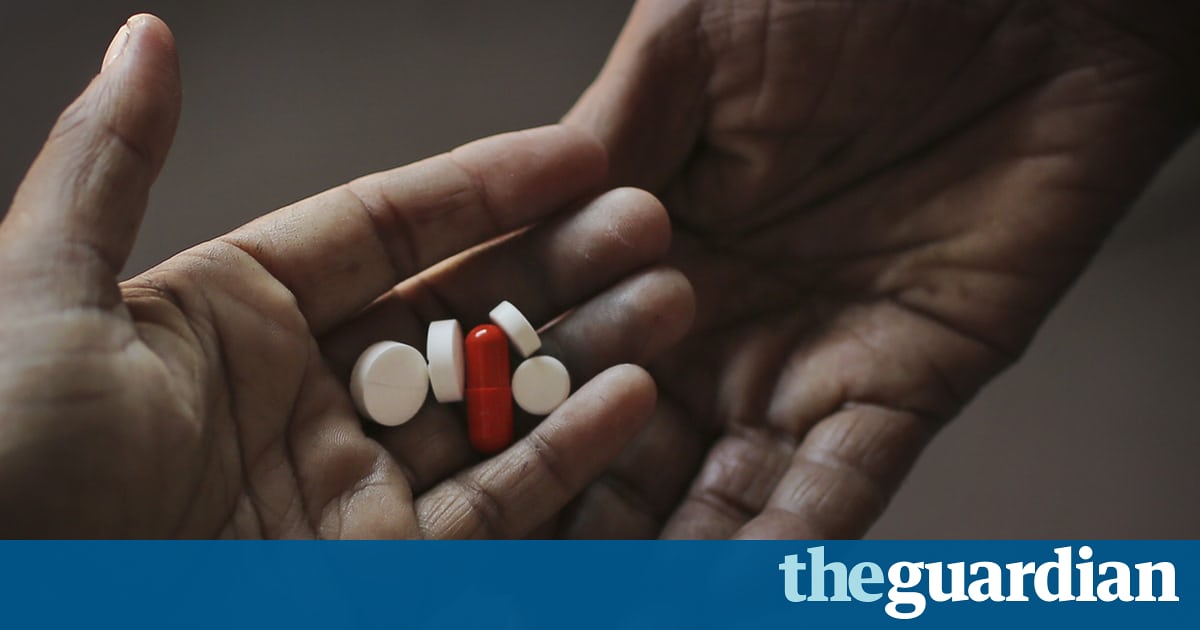
Modelled on big physics projects, the International Brain Lab will bring together some of the world’s pre-eminent neuroscientists to probe a single behaviour.
